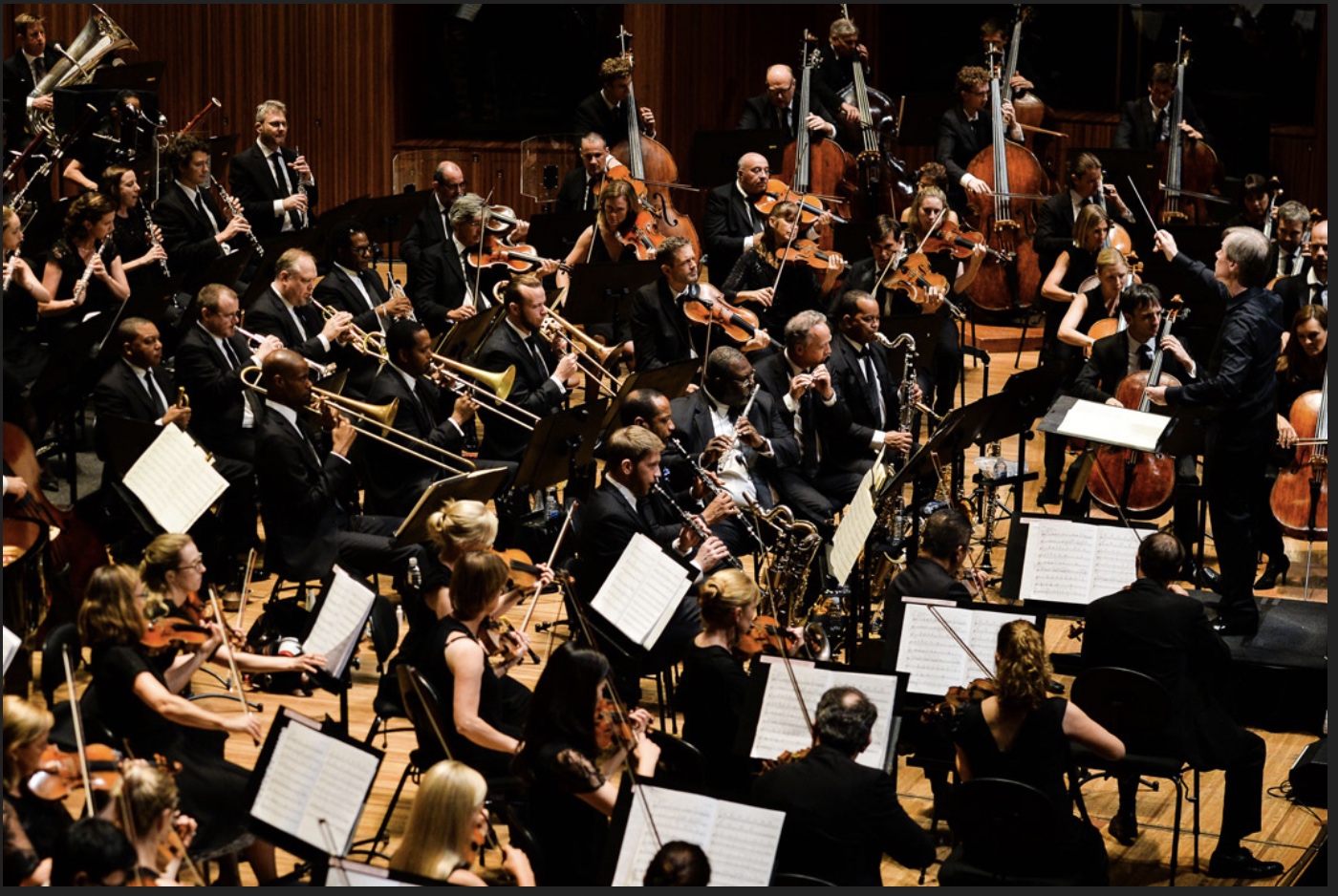Andrew L. Urban
There’s a new welcome uttered around the Albanese government offices: ‘We acknowledge the fawning directors present and emerging of the corporations, sporting bodies, professional organisations and the Sydney Symphony Orchestra, whose socio-political alignments with our Voice referendum are the wind beneath our wings.’
Yes, even the SSO has joined the choir of the YES campaign with a public announcement before last Saturday’s concert at the Opera House – much to the chagrin of some in the audience who complained in letters to the Editor of The Australian.
“The Sydney Symphony Orchestra, which I have subscribed to for 20 years, has broken my trust. Prior to the concert on Saturday afternoon a member of the orchestra, without any pre-warning, wrongly used her platform to advocate for a Yes vote in the upcoming referendum,’ wrote one.
Wrote another: ‘My husband and I were shocked by the Sydney Symphony Orchestra’s decision to use its concert to campaign for the Yes vote. The SSO may be playing to its Labor government funders, but its members have forgotten that patrons like my husband and I, as well as thousands of subscribers, also support them.’
And another: ‘I have only praise for the musicality of the orchestra. The applause at the end of Beethoven’s 7th Symphony was, I am happy to say, both louder and much more sustained than the applause awarded the voice advertisement.’

Such slavish group supplications, like the YES23 logo on Qantas jets, smack of the kind of crony capitalism that was once derided by journalists in the western media, where it was often ridiculed as a sign of a poor democracy – or worse. Symbolic of this crony capitalism is the invitation only Chairman’s Lounge, where the silken threads of Qantas hospitality and secluded comfort bind its elite members in a fond embrace with their host.
One definition has it that crony capitalism may be exhibited by favouritism in the distribution of legal permits, government grants, special tax breaks, or other forms of state interventionism. Music to the ears of orchestras reliant on funding. Fuel to an airline keen to dominate the skies. Insurance against excessive taxes for a mining company. Licence to be consulted by organisations representing special interests…for example.
In the current Voice referendum debate, the profit motivation for corporate cronyism is coupled with the notion of a perceived social virtue that is popular as well as the government’s pet project. That perception has now been shaken by polling that no longer shows that. Those companies and organisations which glued themselves to the YES poster may now be experiencing buyer’s remorse. At the risk of stretching the metaphor, the SSO showed itself tone deaf. Incidentally, while critics of the SSO’s bum note in trumpeting its support are vocal, there are no equivalent public supporters of the announcement from the stage.
Of course, such organisations would argue in their defence that they are sincere in their opinion. The problem with that defence is that it doesn’t realistically reflect the opinions of its shareholders, or the wider cohort of stakeholders who contribute in some way to their economic existence. ‘They’ in this context just means those in the management who bulldozed the decision through.
Given the vehemence with which the Voice referendum debate is conducted (remember Lidia Thorpe’s blak activist roar, “this is a war!”), the cronies inflame the conflict even further by their massive intervention, exacerbating the resentment that grows from that behaviour.
But let’s wait and see how (and if) these fires are doused once the votes are counted. How would the Crony Club react to a NO, watching its investments – in cash and effort and emotion – washed away by the majority vote? Indeed, how both camps respond to either result is a matter of great import to Australian society. A test of national character, perhaps.
As old Epictetus, born a slave, said a long time ago, “It’s not what happens to you but how you react to it that matters.”
